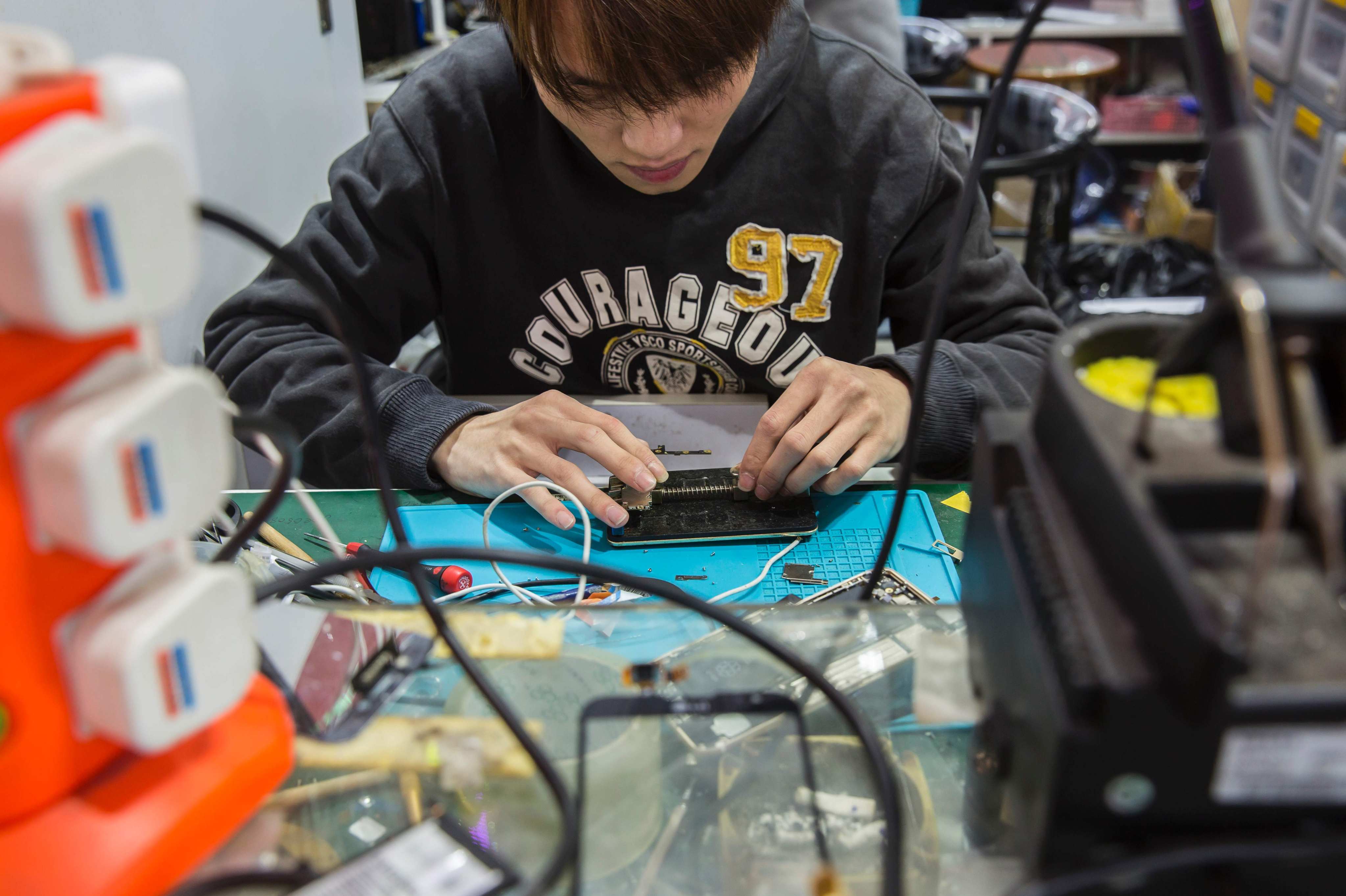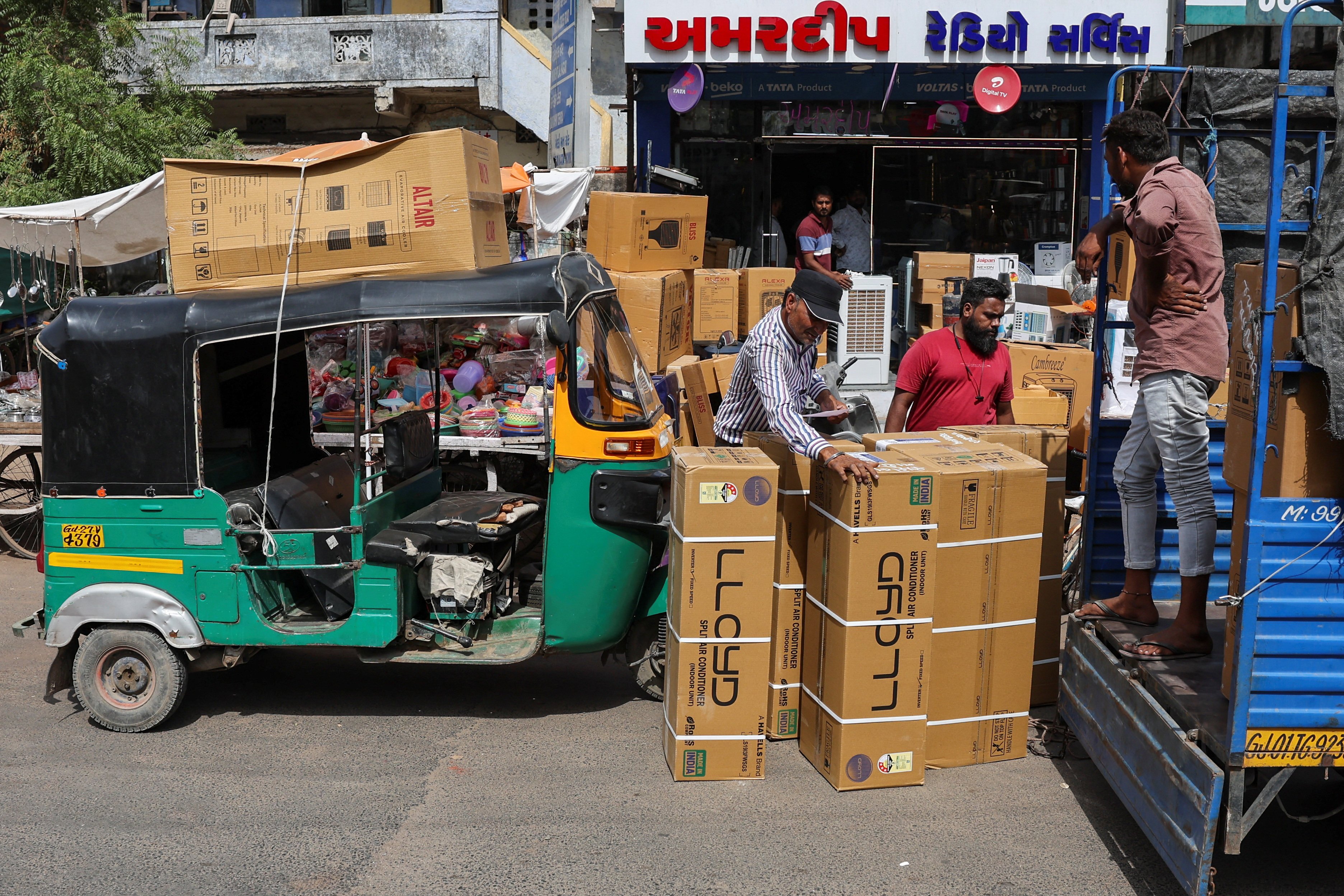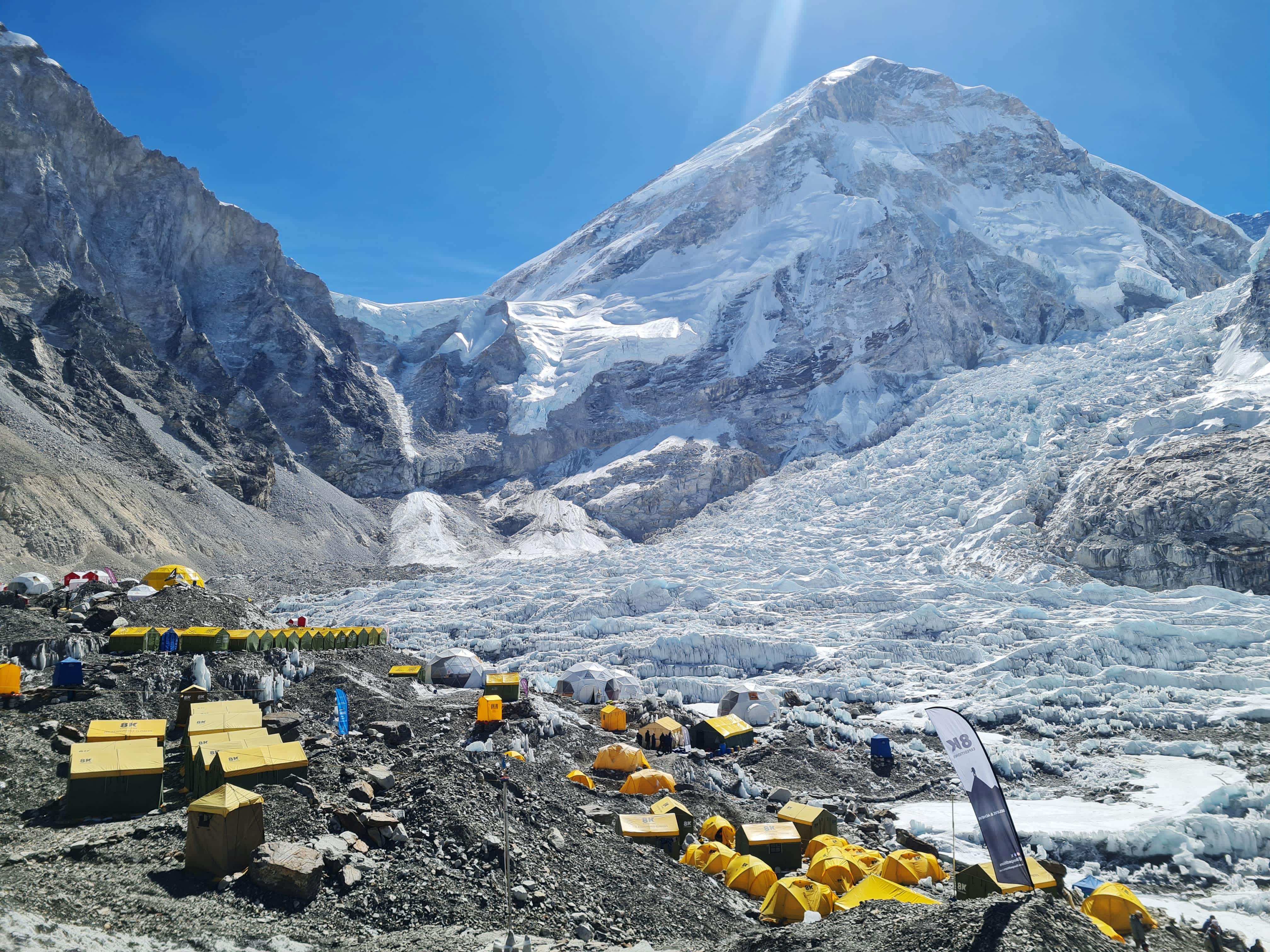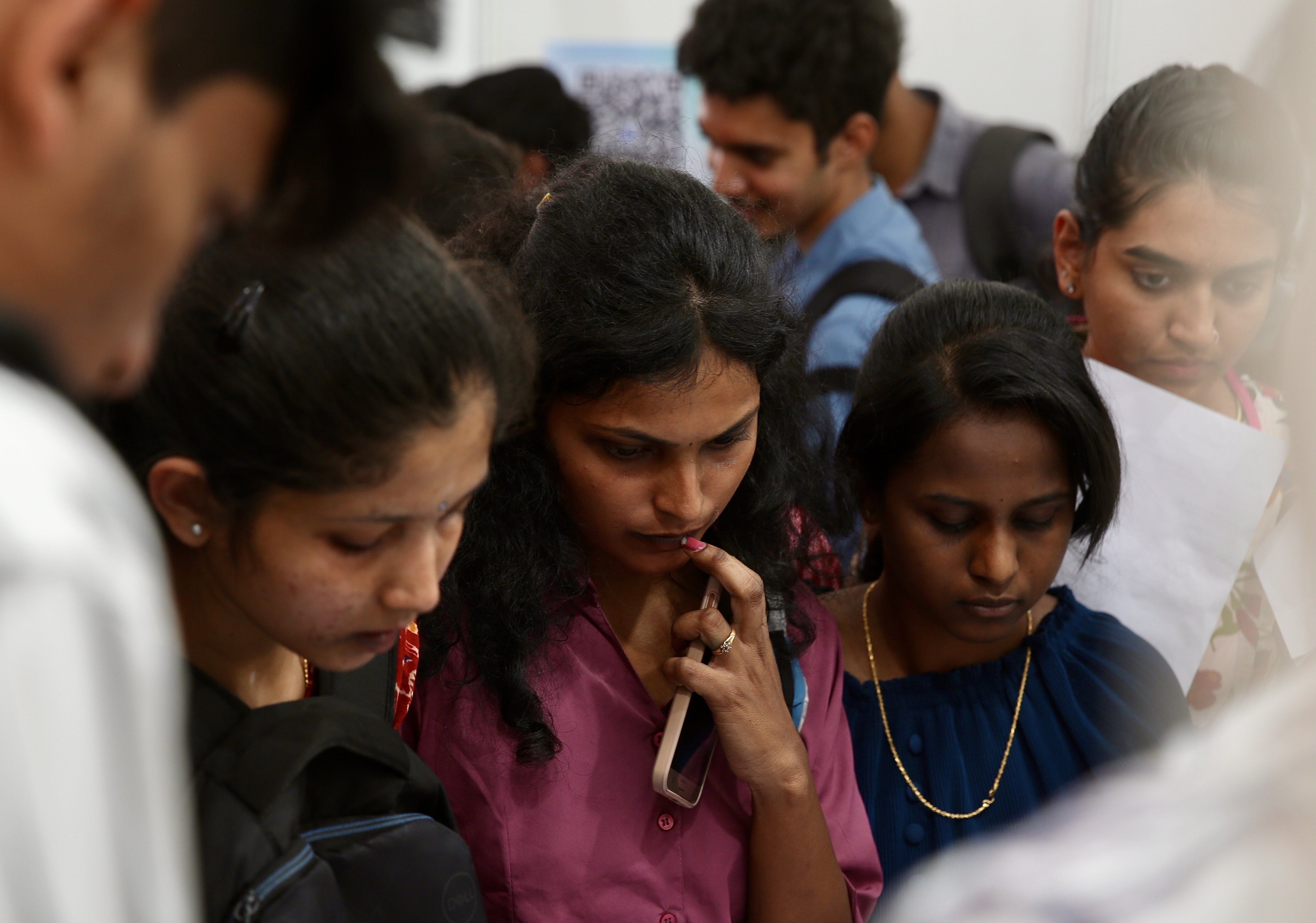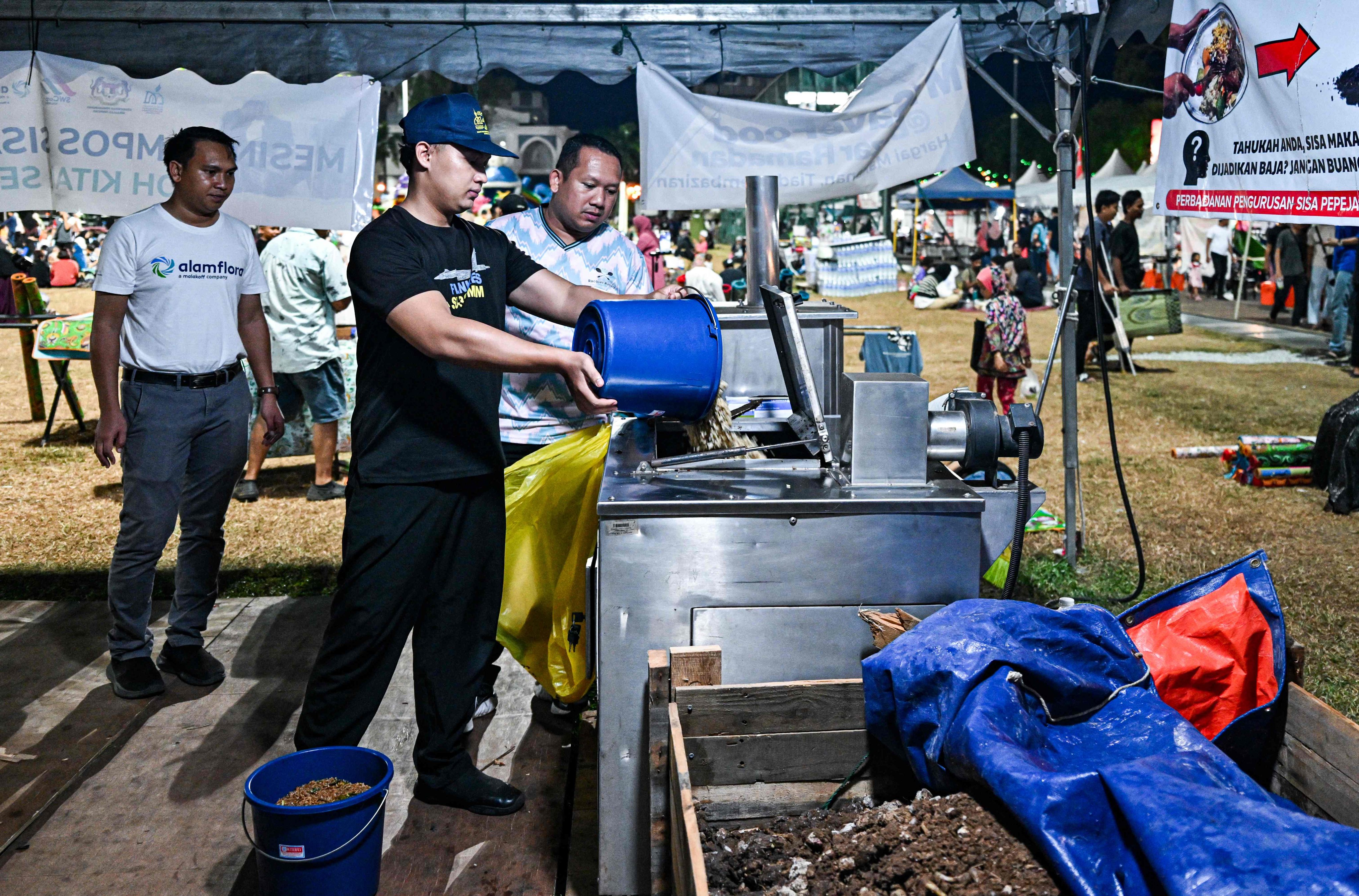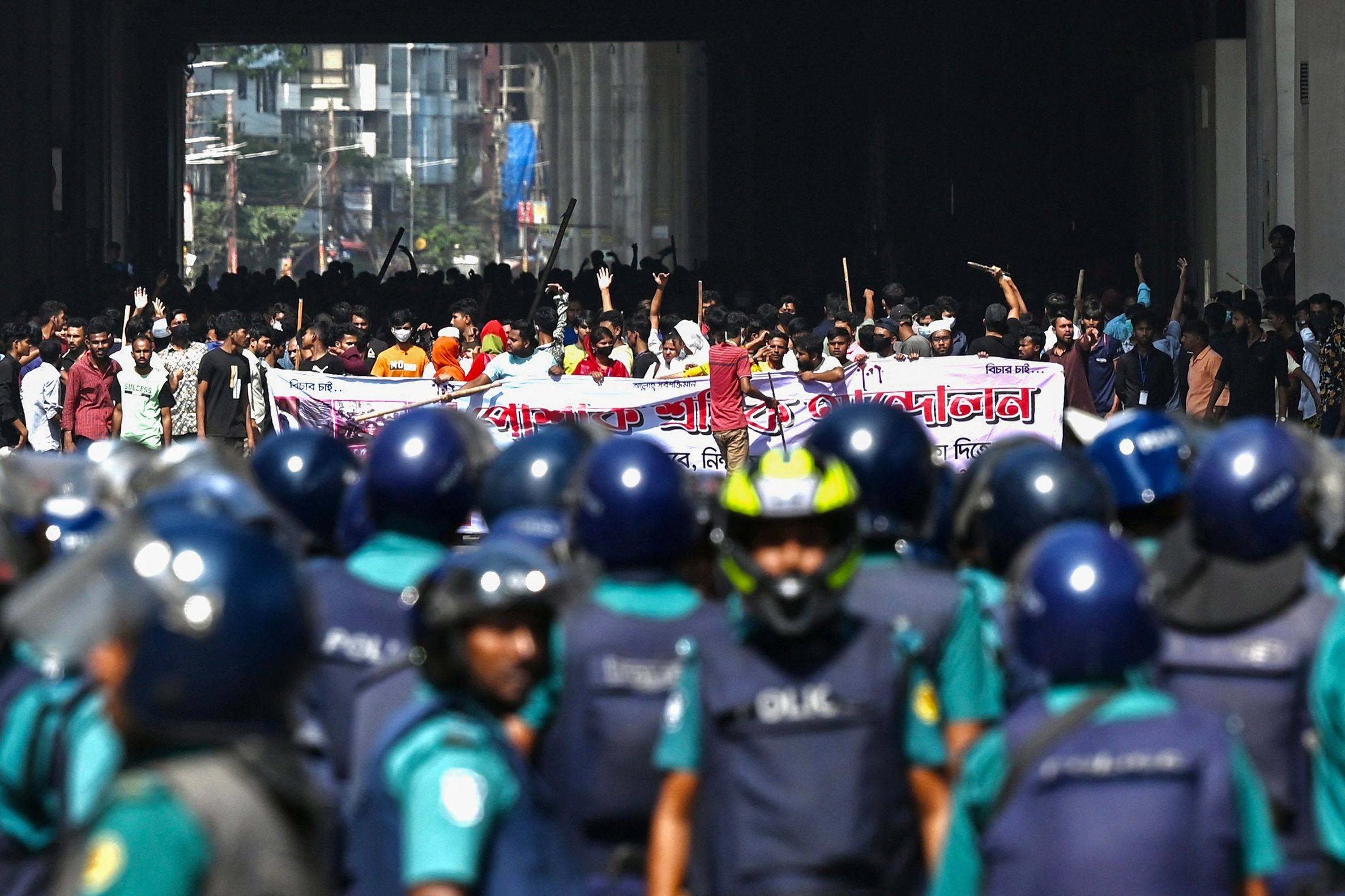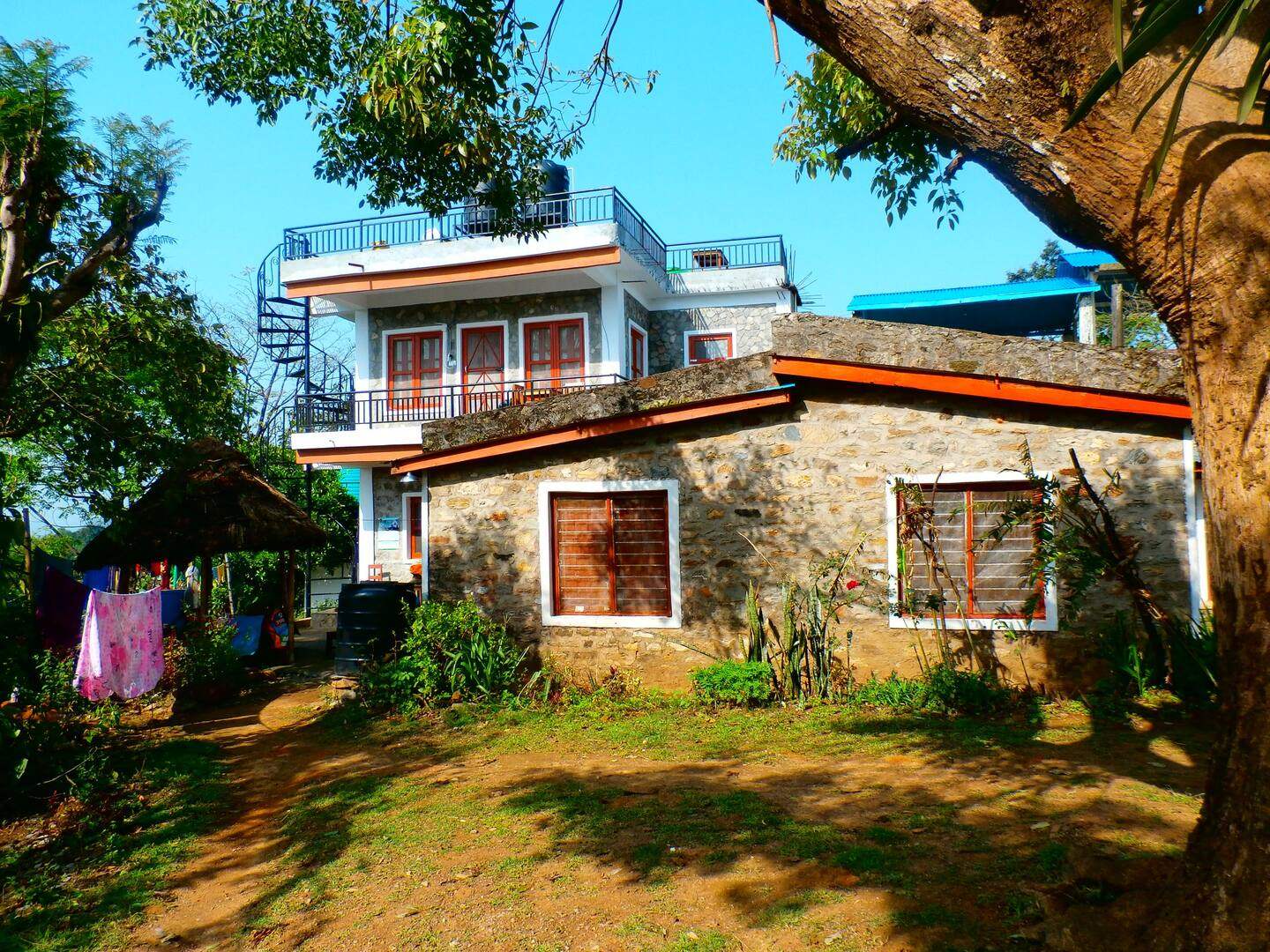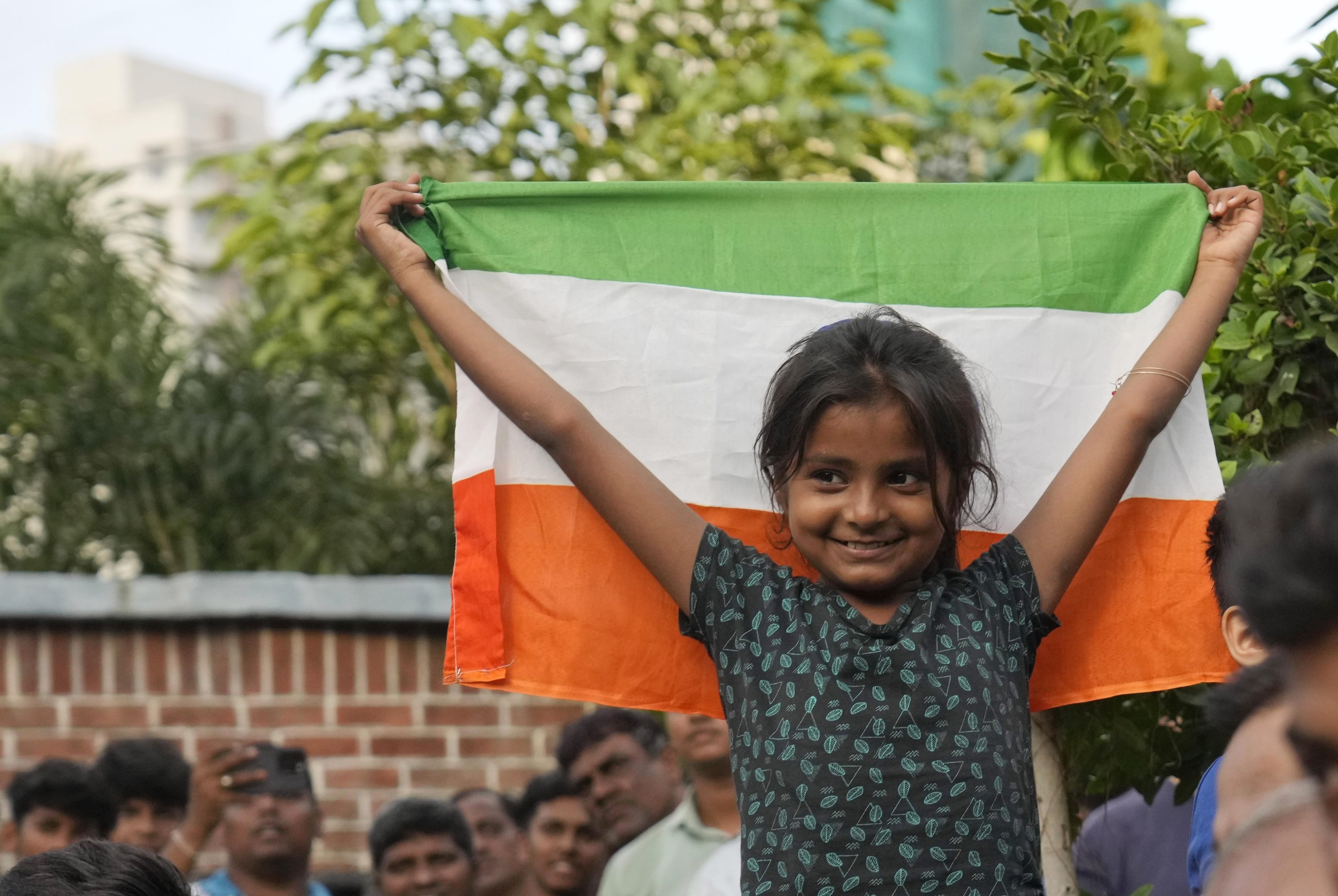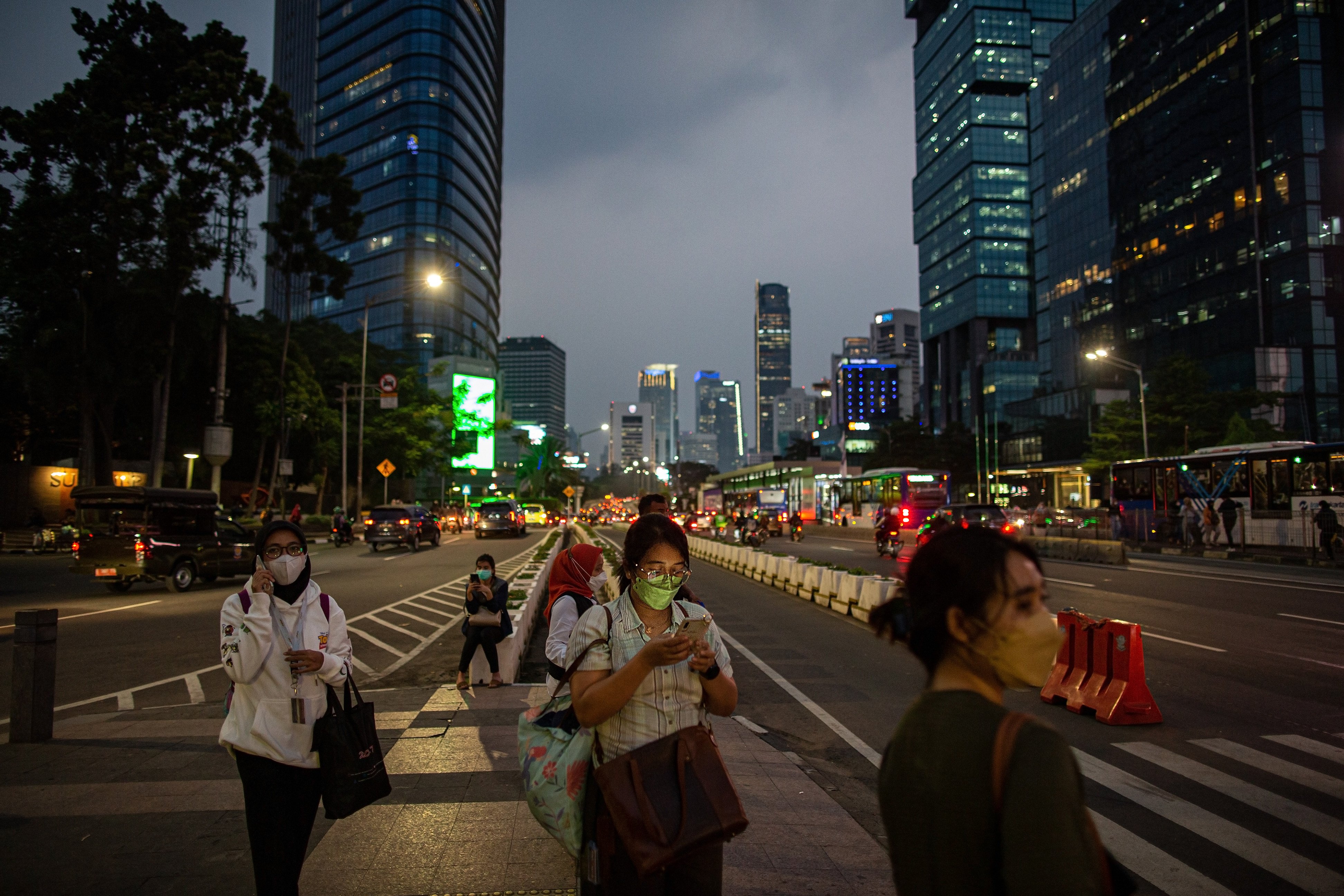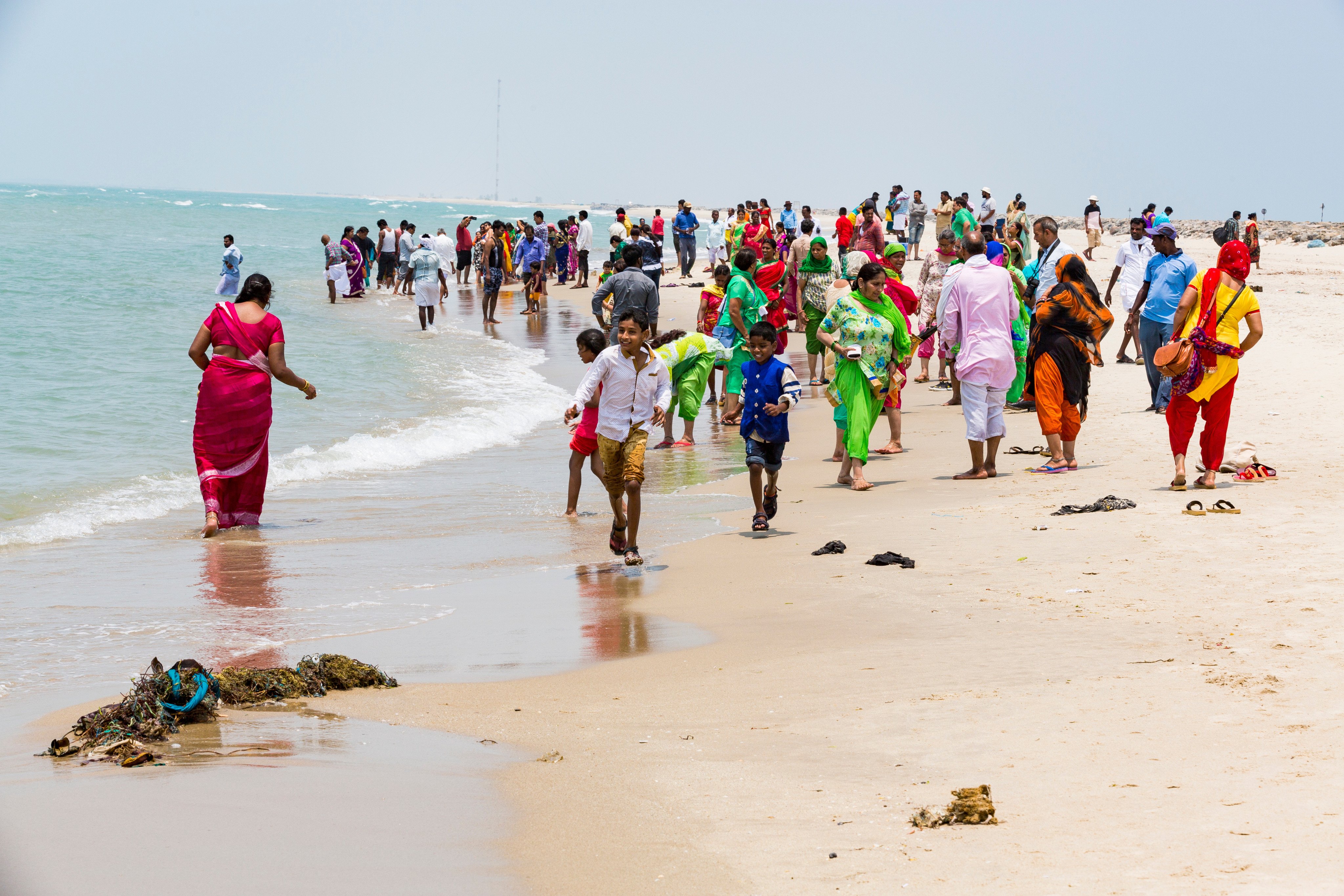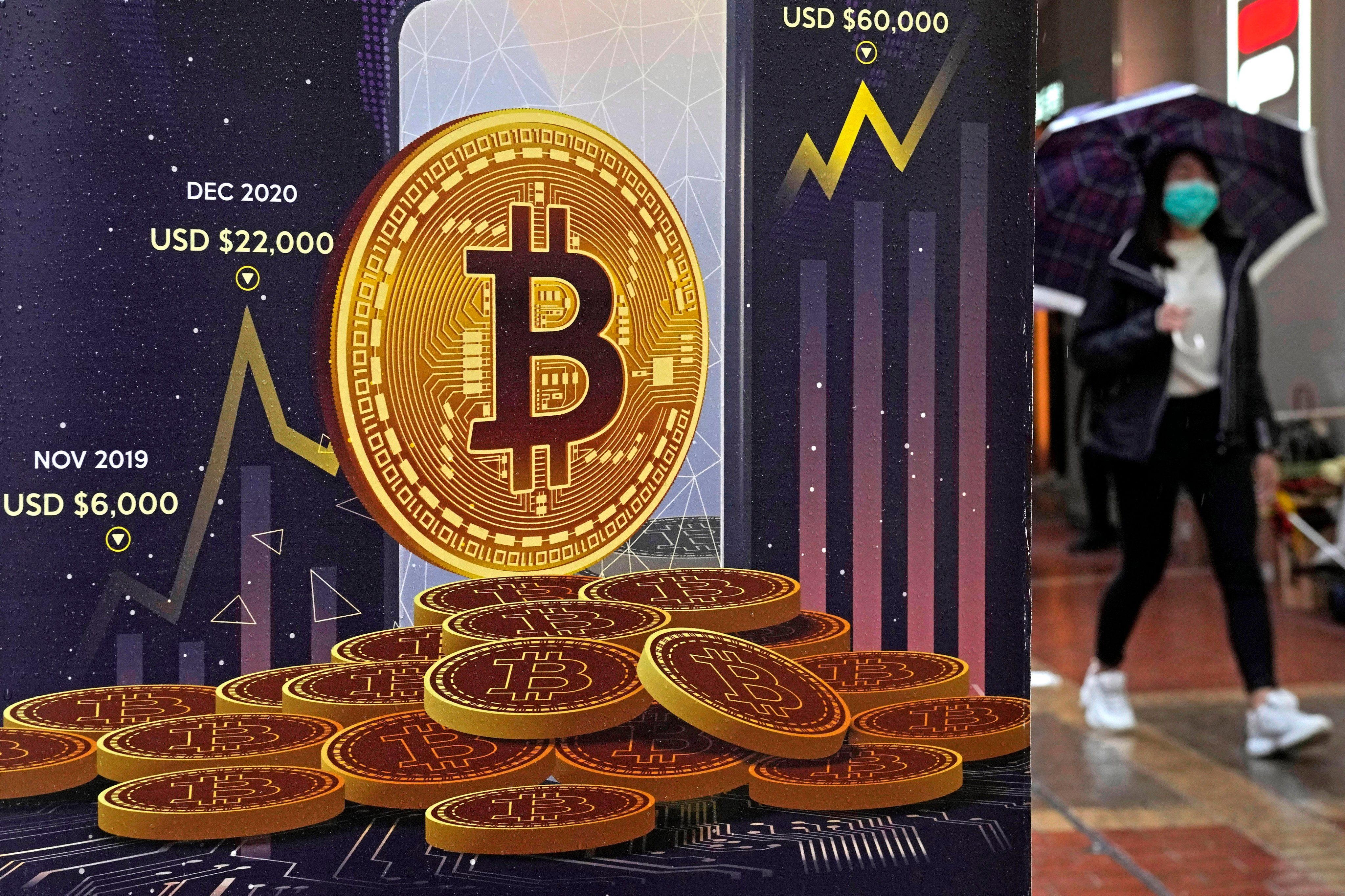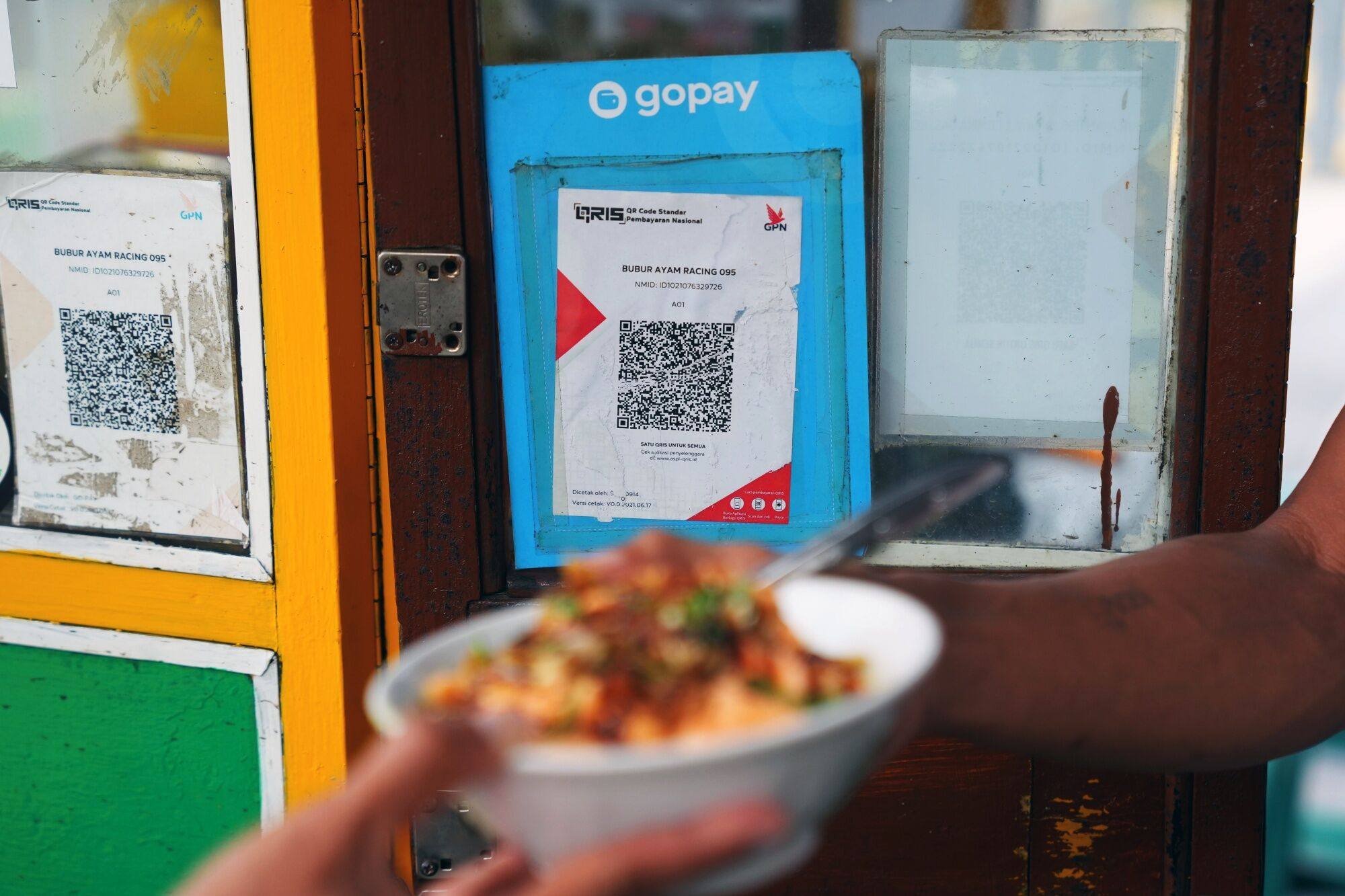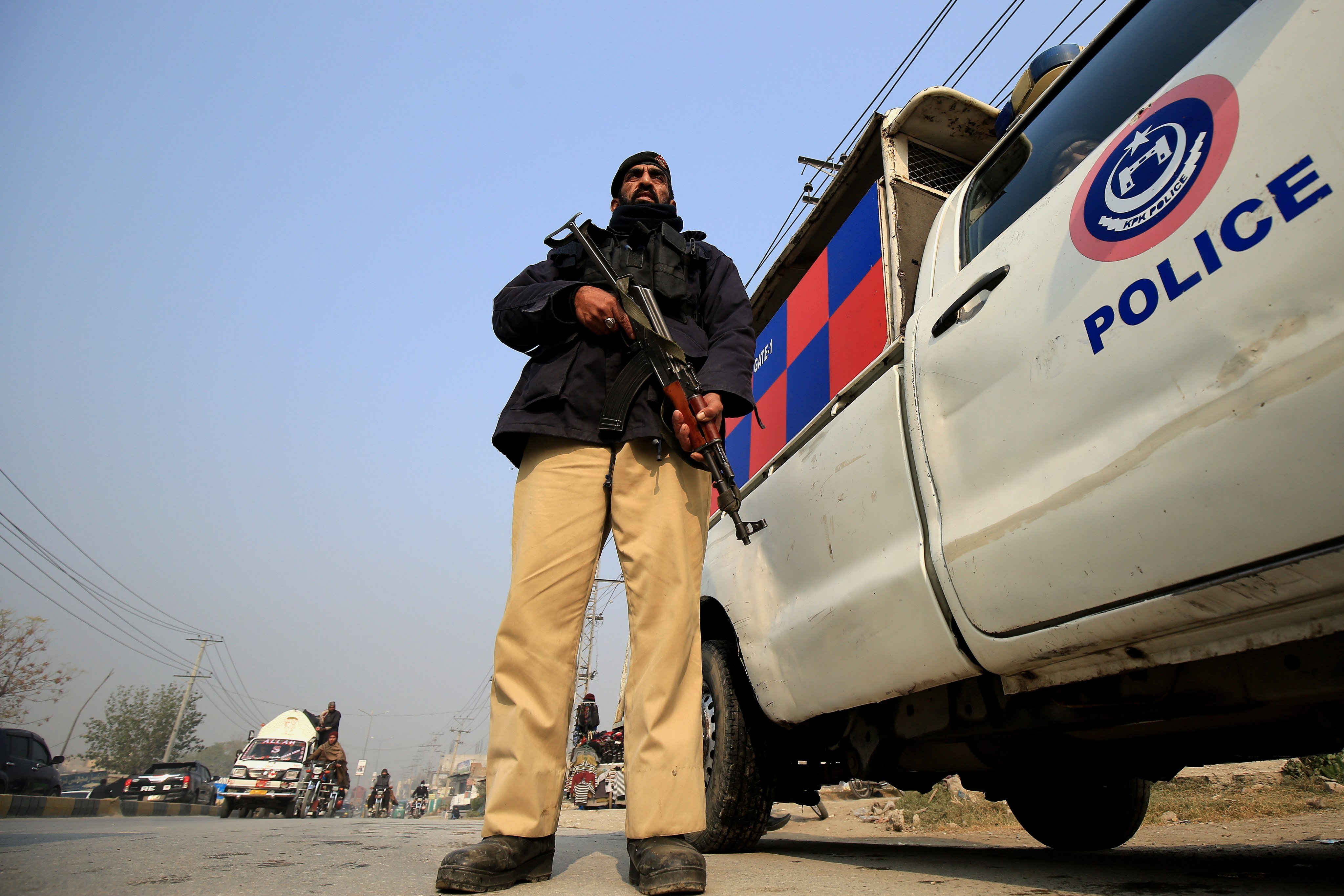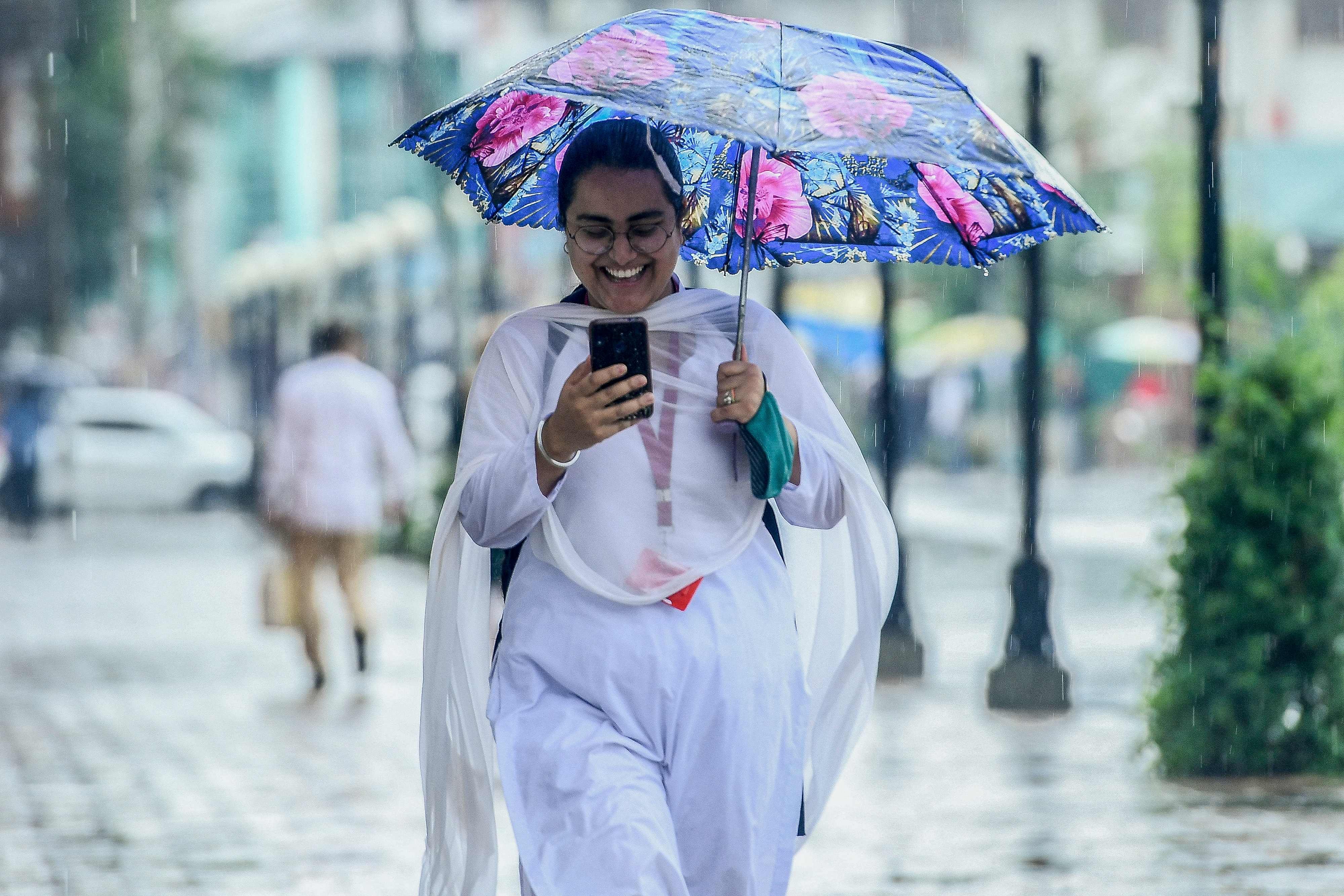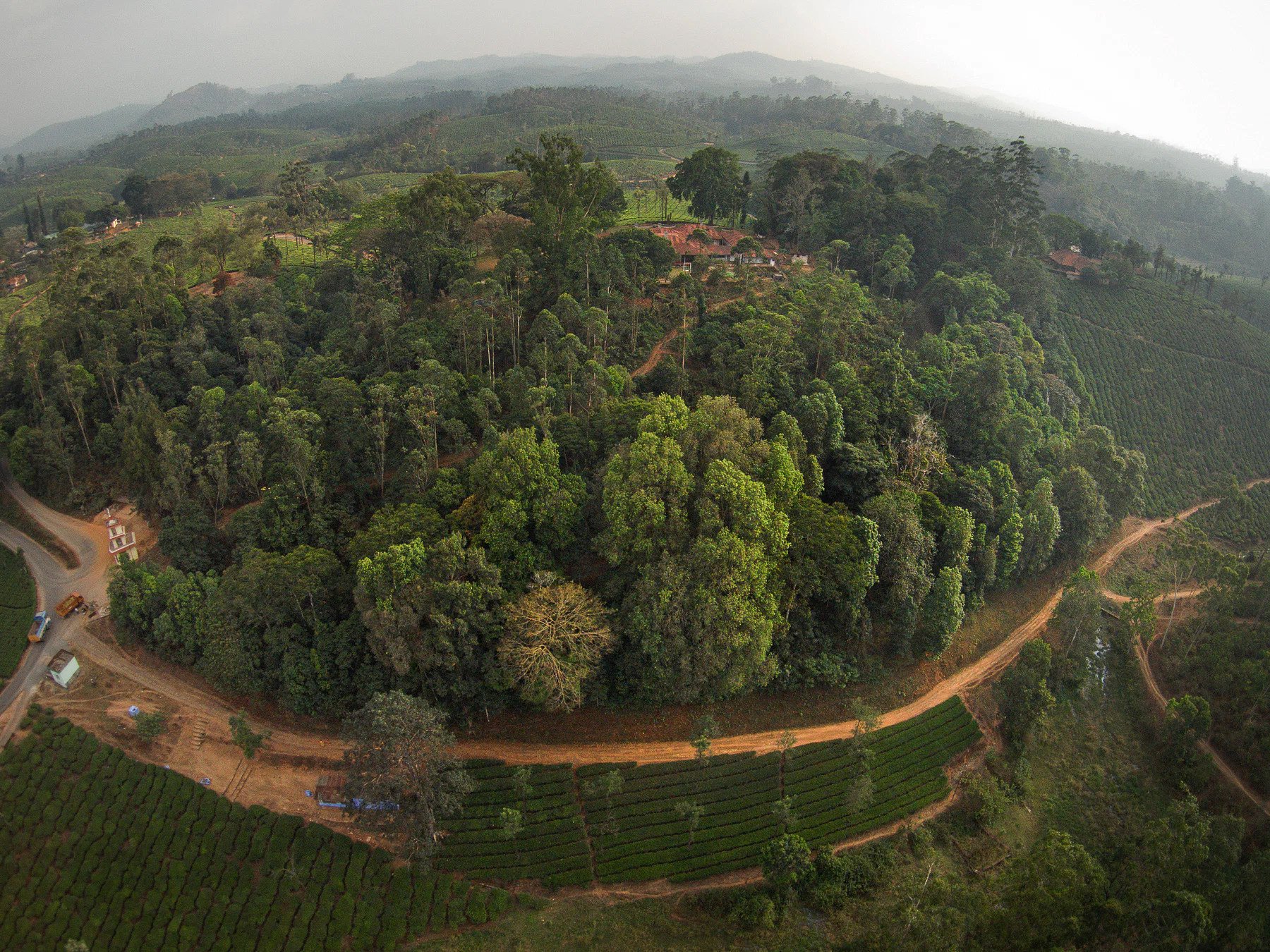Advertisement
Advertisement

Kamala Thiagarajan
Kamala Thiagarajan is a freelance journalist based in Madurai, southern India. She reports on human interest, health, development, gender issues and has been published in the New York Times, BBC, The Atlantic, The Guardian, Al Jazeera, NPR’s Goats & Soda and more.
It’s great for the environment, for brands looking to seduce customers into switching and for consumers hunting for a bargain.
It's the 50th anniversary of the Rubik’s Cube – and for Asia’s youth, the connections formed matter just as much as the speedcubing competition.
The death of an overworked young woman in India has focused attention on the ills of exploitative work cultures across the region.
DNA profiling of 400-year-old bones at the Church of St Augustine in Old Goa, India, showed they probably belonged to Georgia’s Ketevan the Martyr, confirming medieval documents.
Advertisement
For all the well-publicised economic benefits of fracking, we can’t ignore the harm it does to the environment and public health.
Asia can lead the green energy race and improve safety standards by phasing out lithium-ion batteries in favour of sustainable alternatives.
Heatwaves across Asia are driving demand for air conditioners, which are both a way to ease the effects of heat and a contributor to climate change. As governments test out solutions, energy flexibility and incentives for consumers to shift power use to off-peak hours offer a promising way forward.
As more trekkers and climbers are drawn to Mount Everest and Nepal’s other Himalayan peaks, trails and slopes are becoming overcrowded and debris-strewn.
India’s unemployment time bomb disproportionately affects young people, with many seeking work in war zones and as illegal immigrants. In China, as automation quickly replaces human labour, frustrated youth struggle to find meaningful work or are stuck in toxic working environments.
Food waste is a worldwide problem but is particularly pressing in Asia, which is home to hundreds of millions of hungry people. Not only is wasted food not getting to the people who urgently need it, that which ends up in landfills produces methane which exacerbates climate change.
Long viewed as childish entertainment at best and an addictive pursuit at worst, gaming is now recognised as a serious moneymaker. The concept of gamification, however, has highlighted the potential for wider application of game design, while the enthusiasm of gamers can be channelled for social causes.
A WhatsApp group of football fans from across the planet help each other buy tickets for the World Cup, Euros - and the 2023 Asian Cup starting today - and share tips on things like hotels and bars.
While most companies persist with the annual performance-linked bonus, some have offered incentives linked to exercise or body mass index. However, a better work environment and training, more respect, a recognition of employees’ efforts and revenue-sharing models can be as empowering as cold, hard cash.
It’s time for introspection and change, from the global conglomerates, rich countries that are the consumer havens for fast fashion, and customers alike.
Virtual influencers are good news for brands: they don’t complain and they won’t lose followers due to scandals. But they are incapable of forming authentic consumer opinions so it’s unclear how they benefit consumers and the wider public – regulation is long overdue.
Asian Airbnb hosts reveal the highs and lows of welcoming strangers into their homes and the tricks of the trade that ensure the guest list remains full.
The successful landing of the Chandrayaan-3 spacecraft has inspired a sense of deep pride among Indians but also complex feelings about priorities. India has many pressing problems, but the landing can also be inspirational, particularly for the country’s young women and girls.
Indonesia’s rising prominence in the global music scene is encouraging, but reports of people going into debt to buy concert tickets is reason for concern. Online lending has made it easier for people to access loans but also exposed them to scams and the excesses that come with flaunting new-found wealth.
When a cyclone demolished thriving Danushkodi, in India’s Tamil Nadu state, the town on the edge of India was more or less abandoned. The fishermen moved back first, and now tourists are visiting again.
Pilot programmes, full launches and other initiatives by China, Nigeria, Japan and Singapore show the appeal of central bank digital currencies outside the West. The impact of digital currencies on African and Asian economies will be significant as they provide greater convenience, lower transaction fees and more.
The rapidly changing digital financial ecosystem can help people in low-income countries break free of poverty and take control of their financial lives. Fintech collaborations now lie at the heart of Asian finance and have the potential to propel regional economies and their people into the future.
A growing crop of underwater photographers are bringing to light issues relating to marine behaviour and conservation, spending years learning to dive and perfect their photography.
Weakened by Covid-19 and catastrophic floods, Pakistan’s disintegrating economy is causing unrest and terrorism to spill across its borders. For the sake of regional security, India must make peace with Pakistan and combine forces to tackle terrorism.
As people, businesses and services in Asia increasingly operate online, regulatory frameworks to safeguard private data are proving inadequate. Discrepancies in levels of protection across the region also highlight the need for a more unified approach.
People rely on antibiotics far too much for common illnesses like colds and sore throats, a new study finds. It’s why antimicrobial resistance has become a leading killer worldwide.
Rainforest restoration creates wildlife corridors and preserves the habitats of endangered species in southern India’s Western Ghats.
While the offer is open to other countries, it is most applicable to China, given its dominance in Indian electronics. But it remains to be seen whether such a partnership can bolster Indian electronics manufacturing or give greater security to Chinese companies in India
Shutting Chinese phones out of the lower segment of the market, in an effort to protect the domestic industry, would hurt not only Chinese companies but also Indian consumers.
Street art has spread through Scotland’s biggest city, from giant murals like one inspired by the movie Honey, I Shrunk the Kids to ones of Glasgow’s patron saints. Covid-19 and climate change inspire some artists.
While Apple has staunchly continued its reliance on Chinese manufacturing, China’s Covid-19 policies have emerged as a potential deal-breaker. Apple has been testing the waters in India for years – the pandemic and China-US tensions might provide the impetus for a bigger shift.

